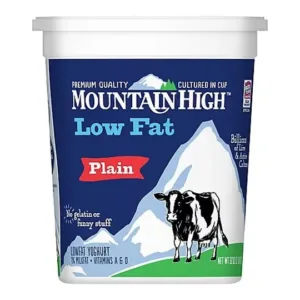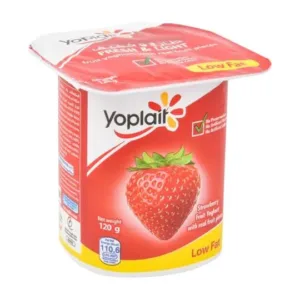
Soy Sauce: Keto-Friendly or Dietary Foe?
As the ketogenic diet continues to surge in popularity, most of us are left pondering about our beloved foods. Can they be incorporated into this high-fat, low-carb eating plan? Today, we’re delving into the world of soy sauce. Ah, the rich umami-packed condiment that provides an unmistakeable savoury taste to our food (yes, I’m referring to the secret ingredient that makes your stir fry so irresistible). But the question echoing on everyone’s lips: Is soy sauce keto-compatible?
Understanding the Keto Diet
Before we dive into the specifics of soy sauce, it’s essential to comprehend the fundamental principles of the ketogenic diet. This eating plan mainly reiterates high fat (around 70-80% of daily caloric consumption), moderate protein, and very low carbohydrate uptake (typically less than 50 grams of net carbs per day). The objective? To transition your body into a state of ketosis, where it utilizes fat as its chief energy source rather than carbohydrates.
Nutritional InformationPer (1 Tbsp (18.0g)):
Per 100g:
| 
Soy Sauce is very keto-friendly! It's a great choice if you're trying to maintain ketosis. |
"Soy Sauce is a savory and umami-rich condiment often used in Asian cuisine, particularly in dishes like stir-fry, marinades, and dipping sauces.
Speaking of its macronutrients, an average serving typically contains about 1g of carbs, making it squarely fall into our ‘very keto-friendly’ category. This implies that you can consume soy sauce on a regular basis without worrying about being thrown out of ketosis.
In terms of micronutrients, soy sauce is a surprising source of minerals like manganese and magnesium. It's also rich in sodium, which is important to stay replenished on during a keto diet as it's often easily depleted. However, consumers should pay attention to its high sodium content, as excessive consumption can lead to health issues such as high blood pressure."





